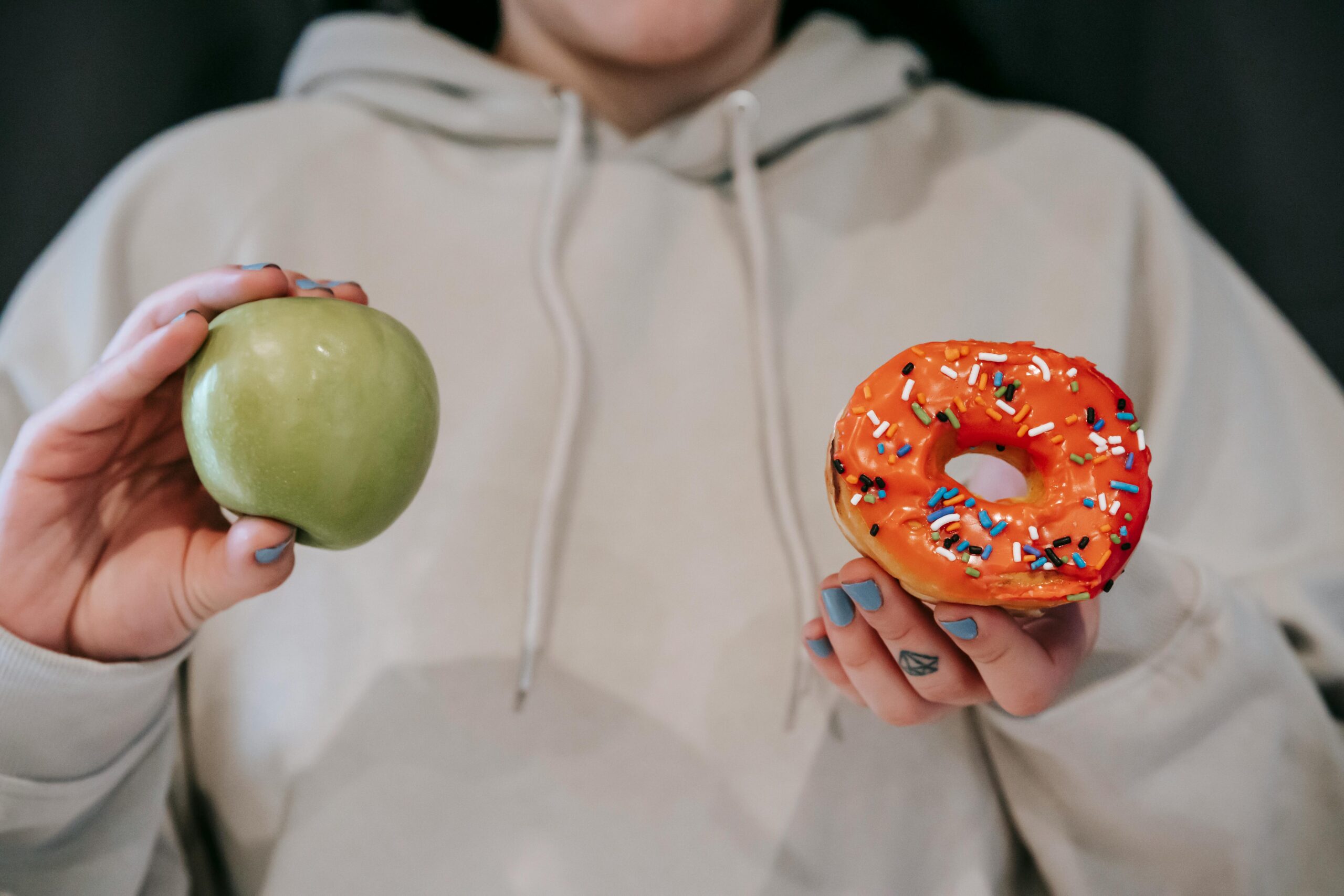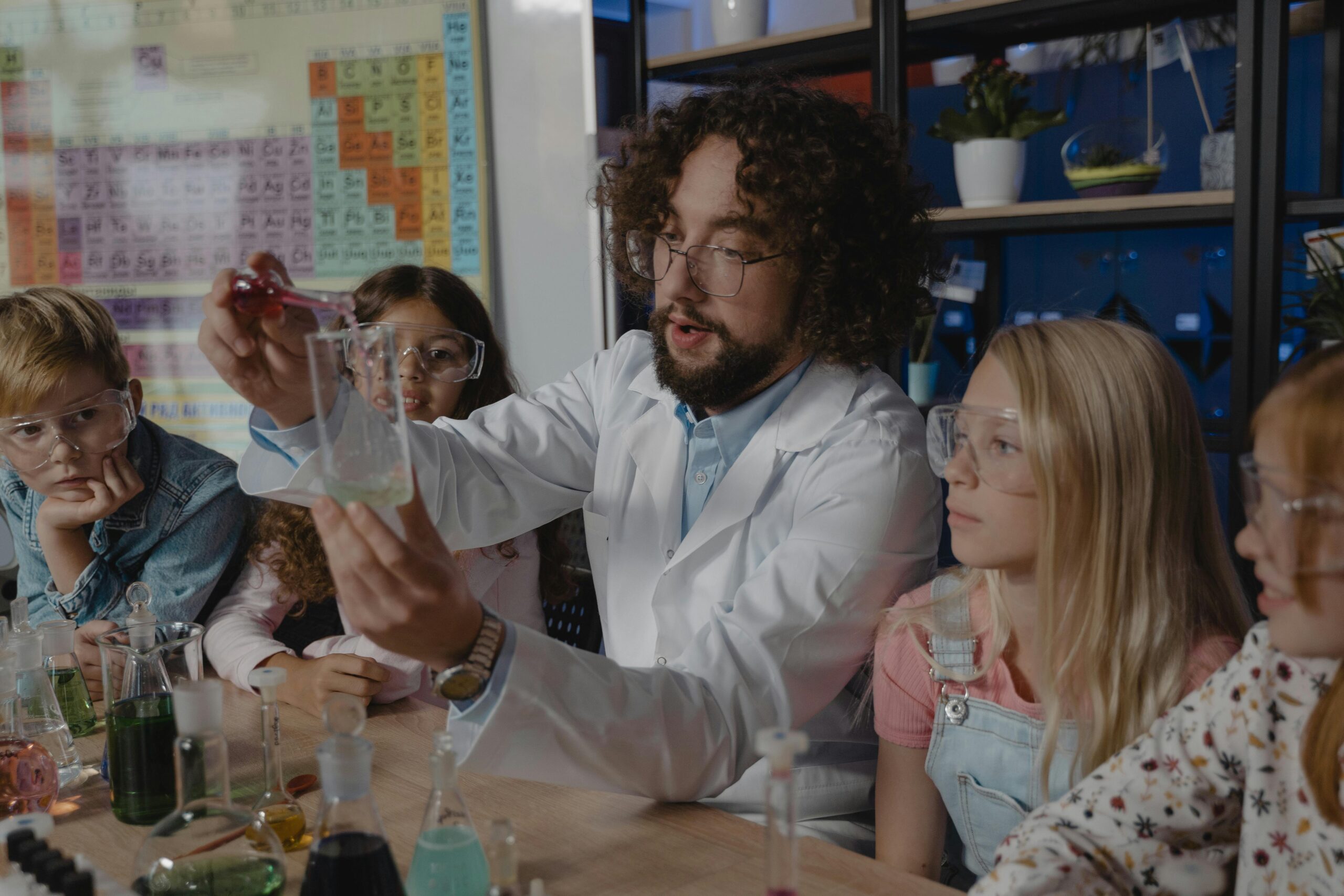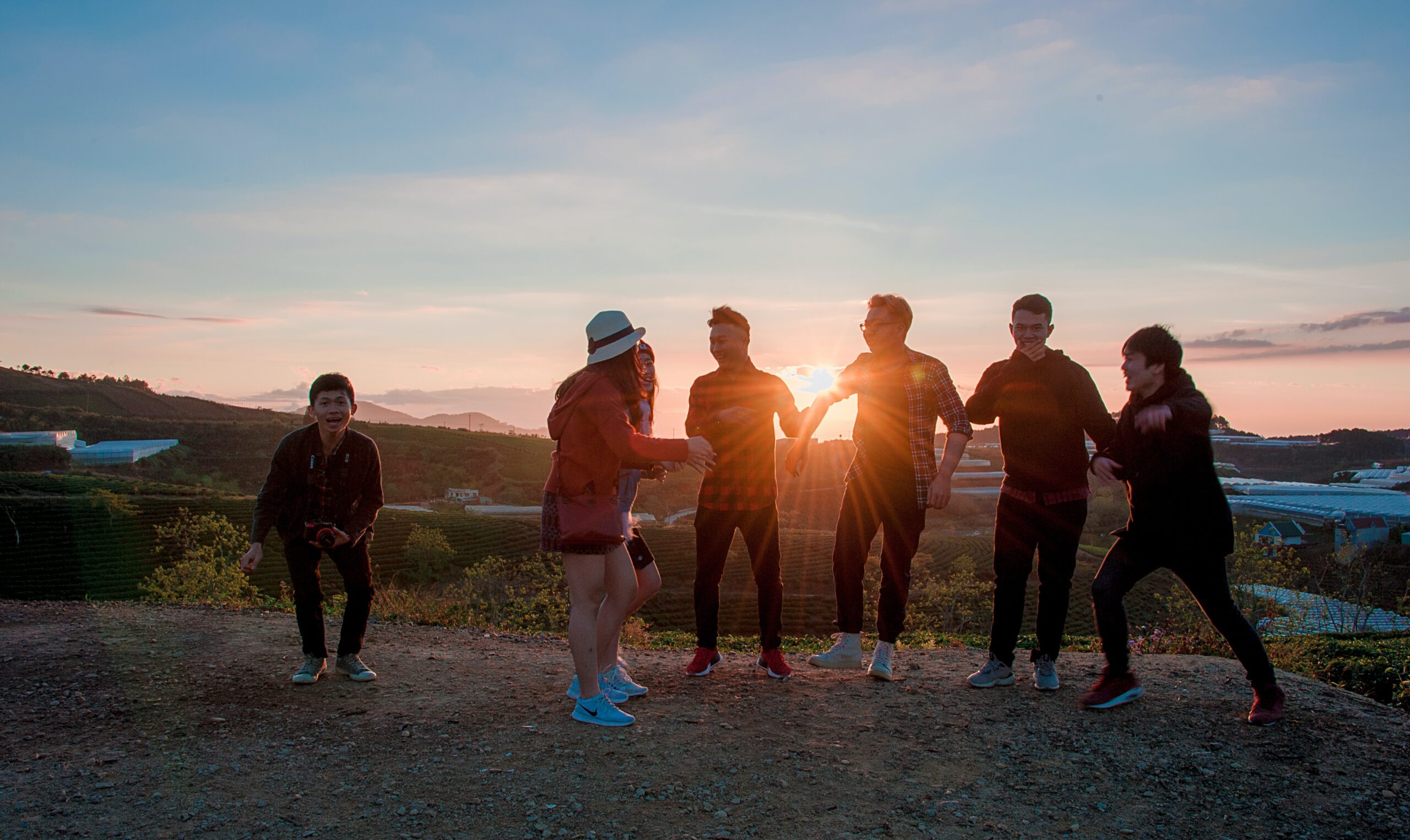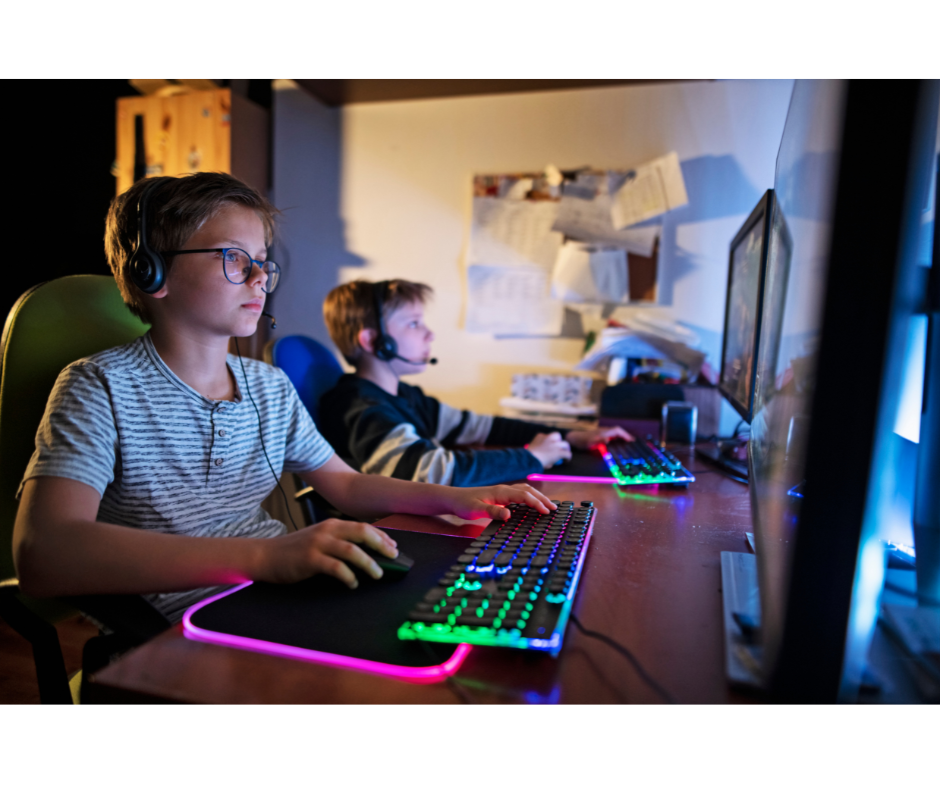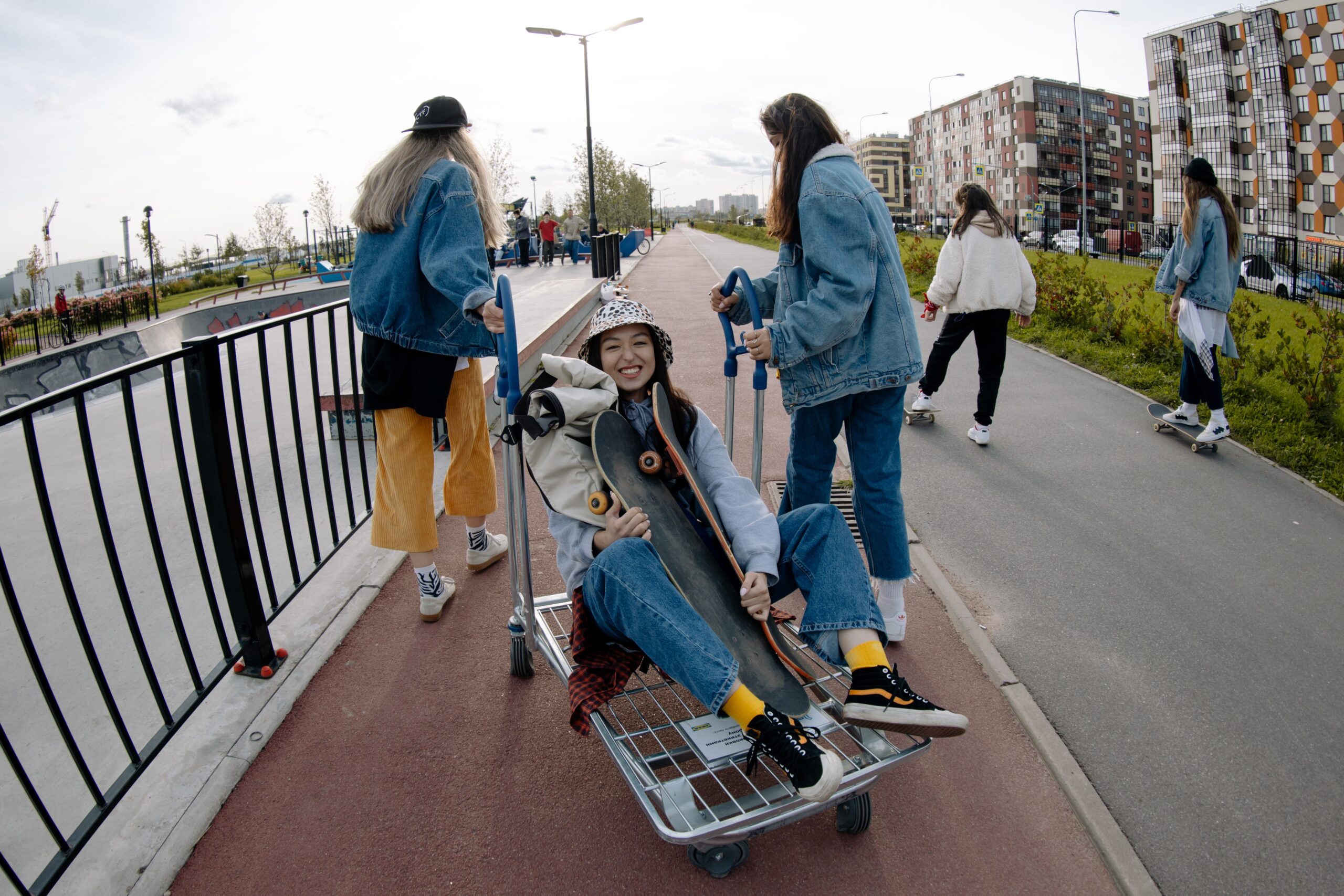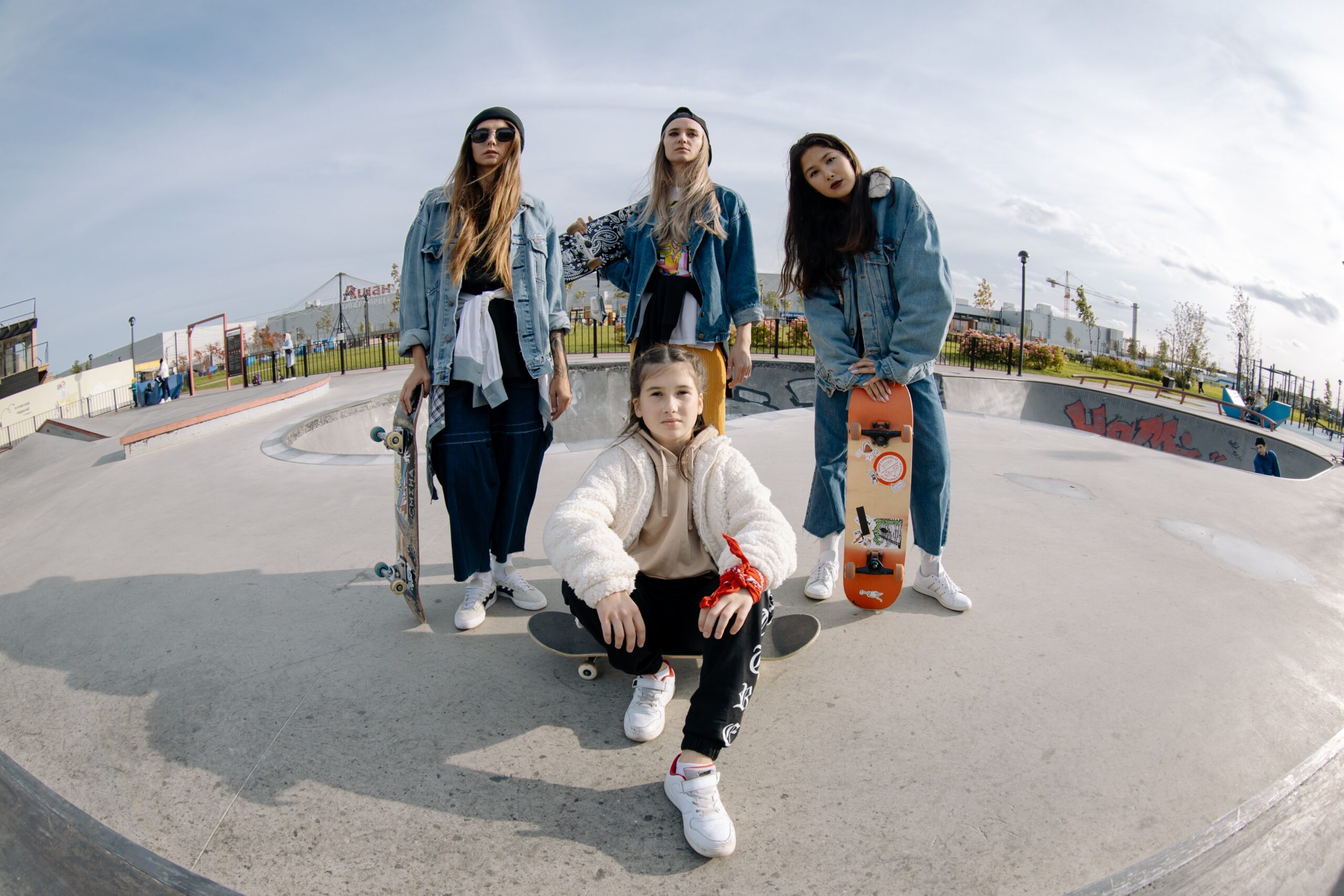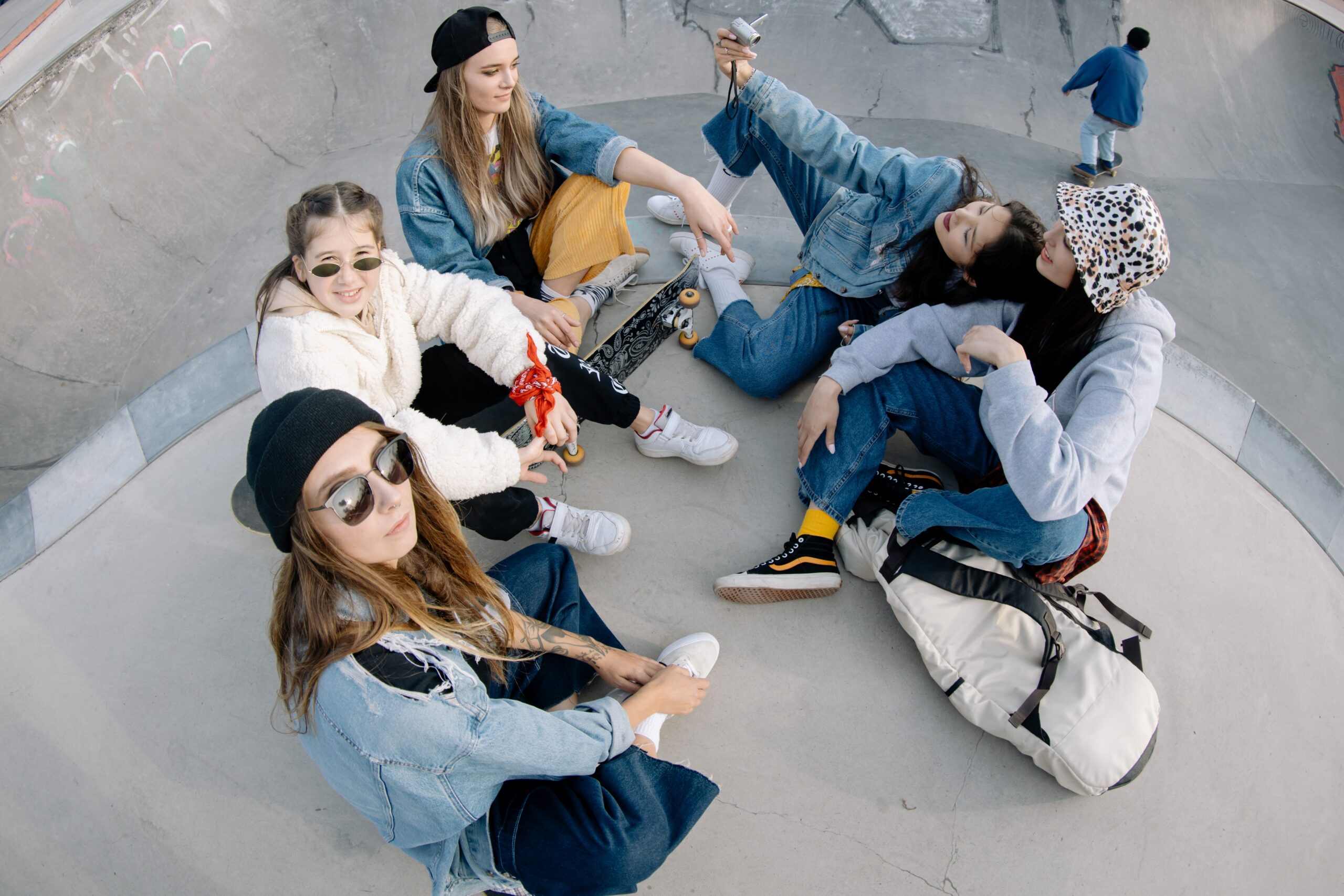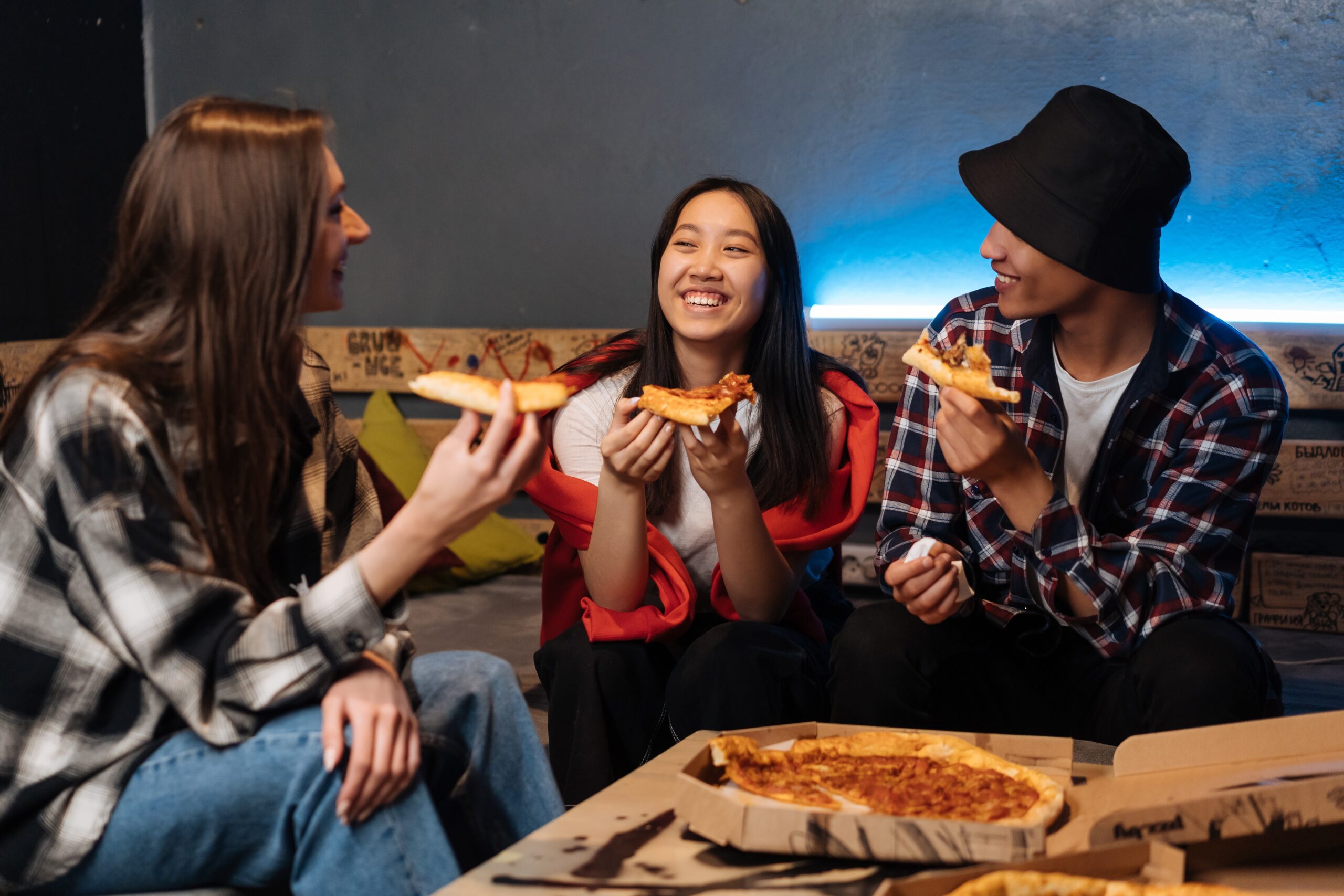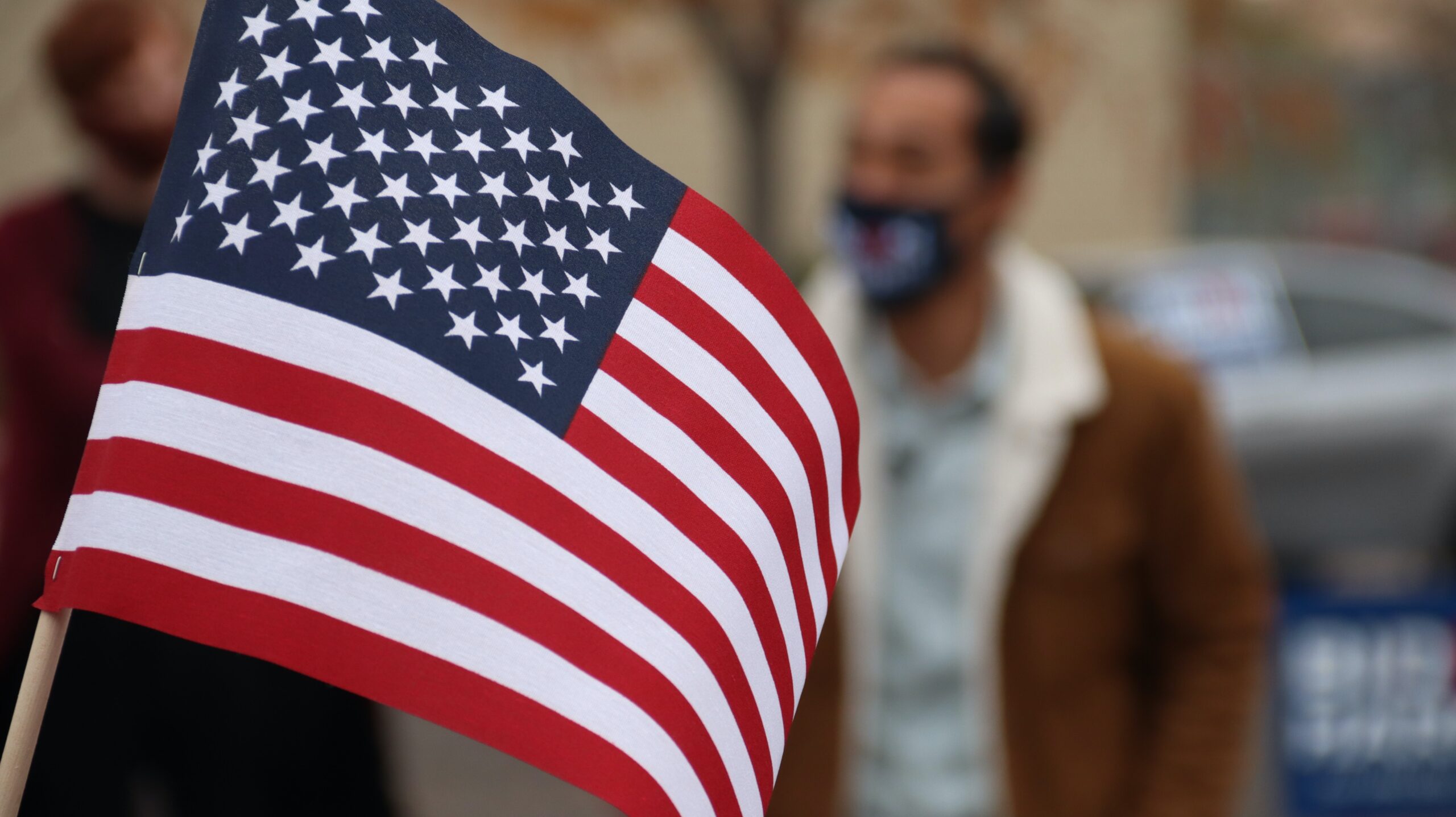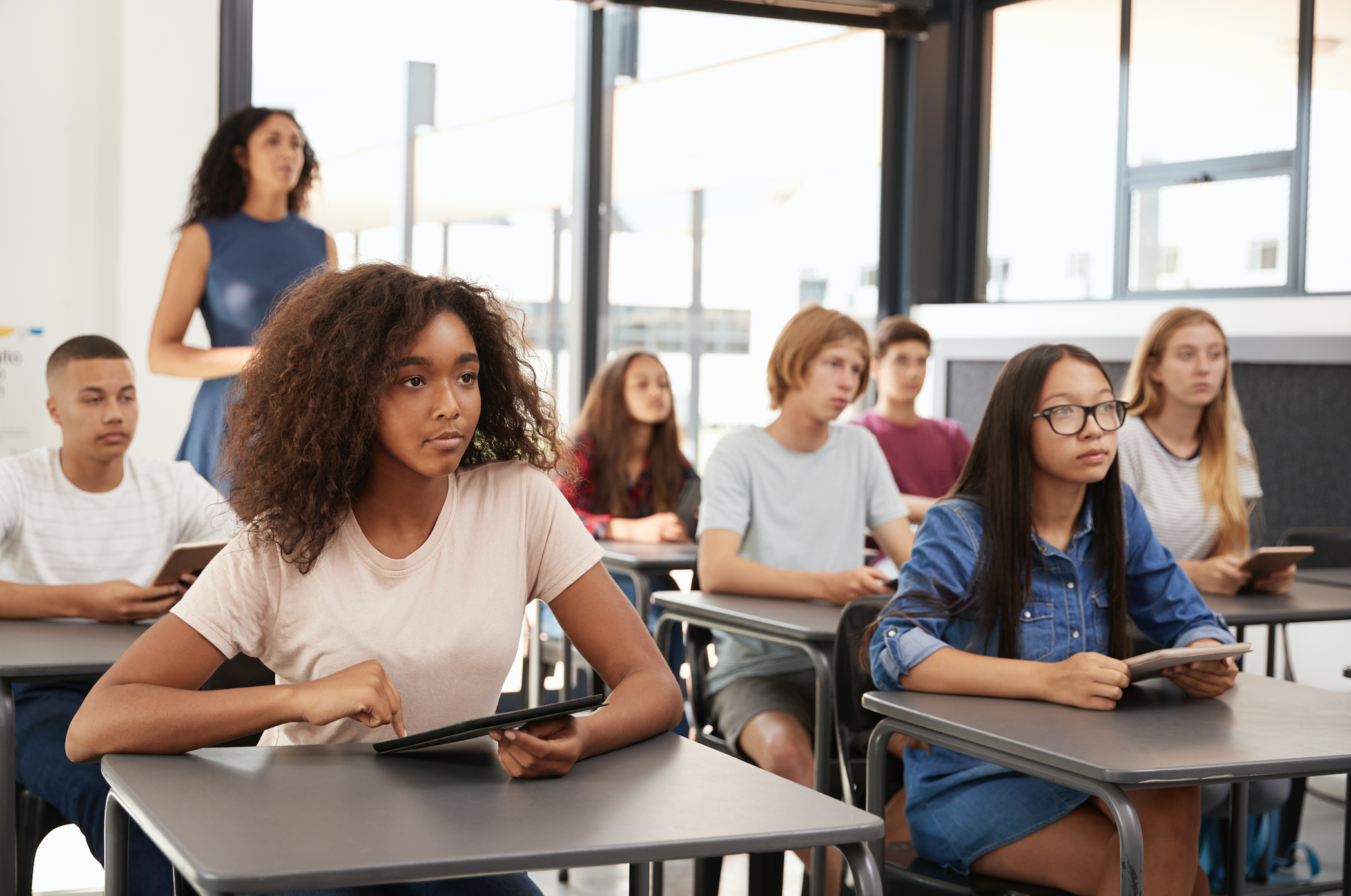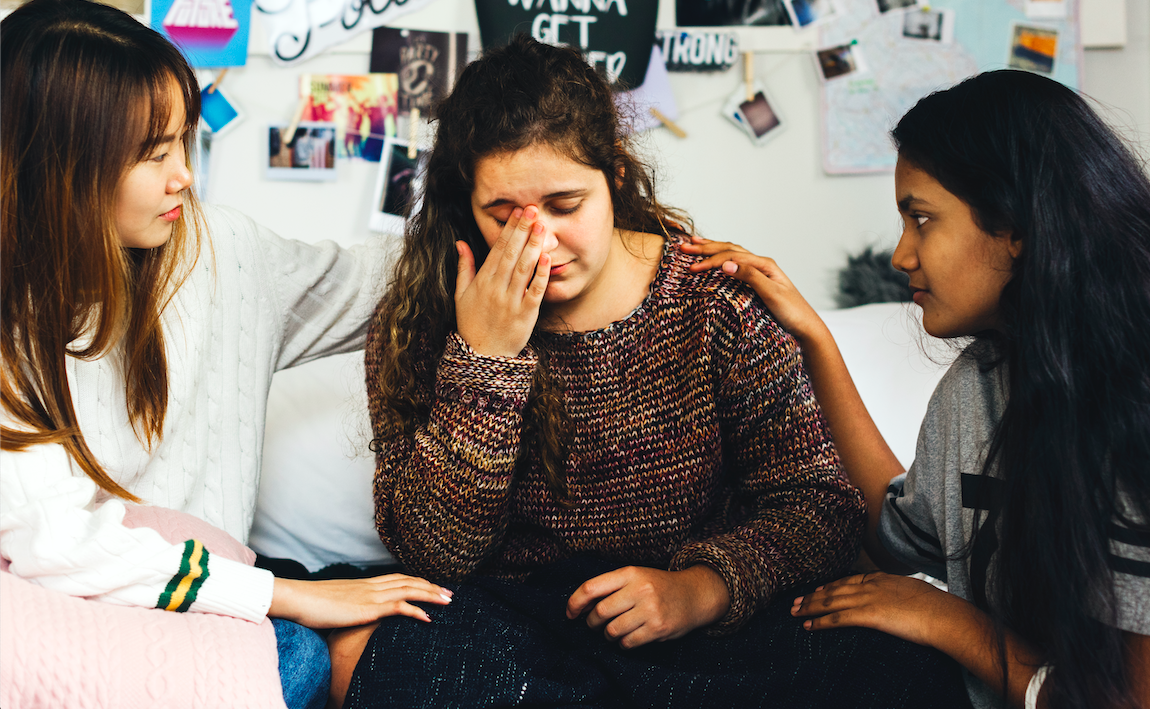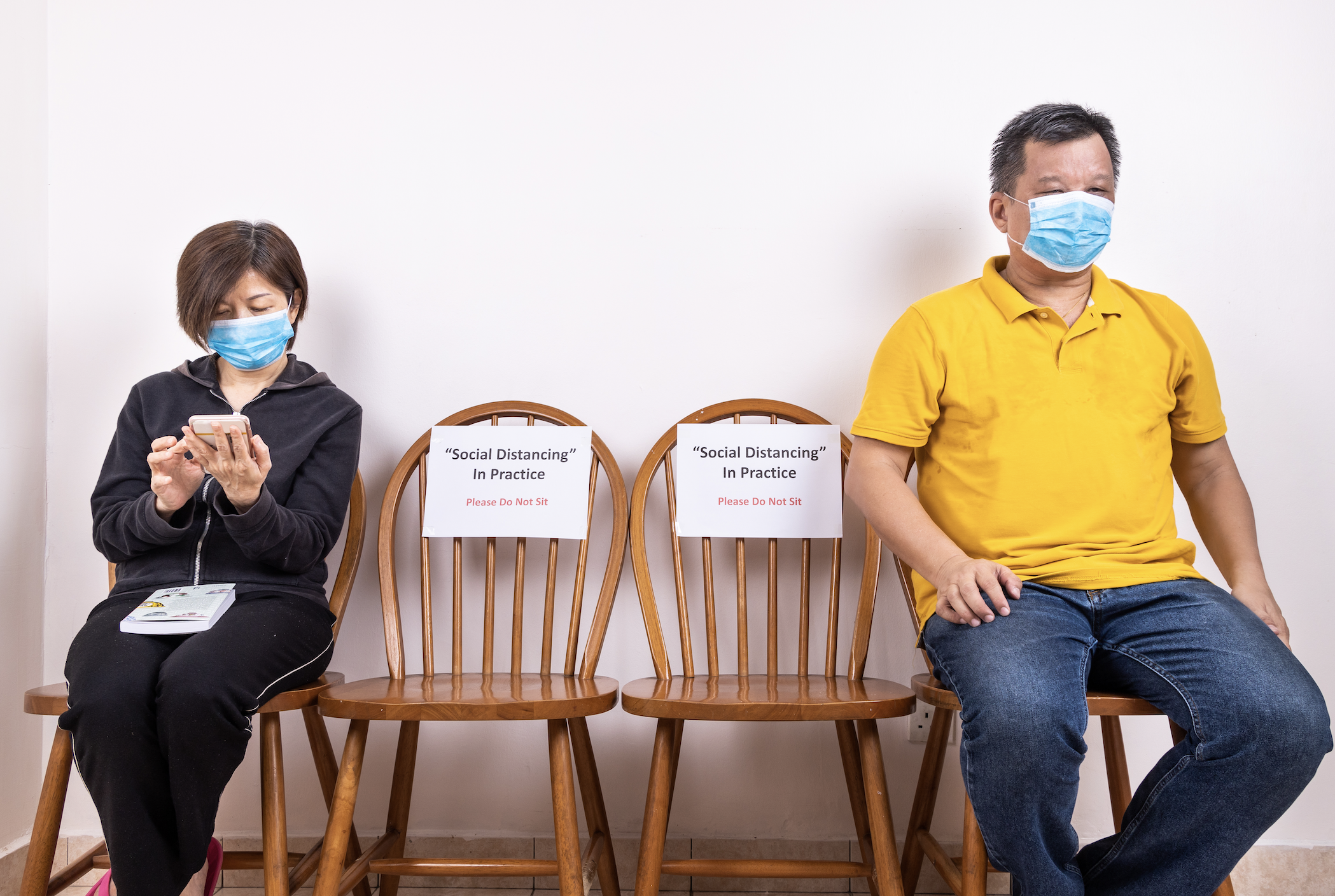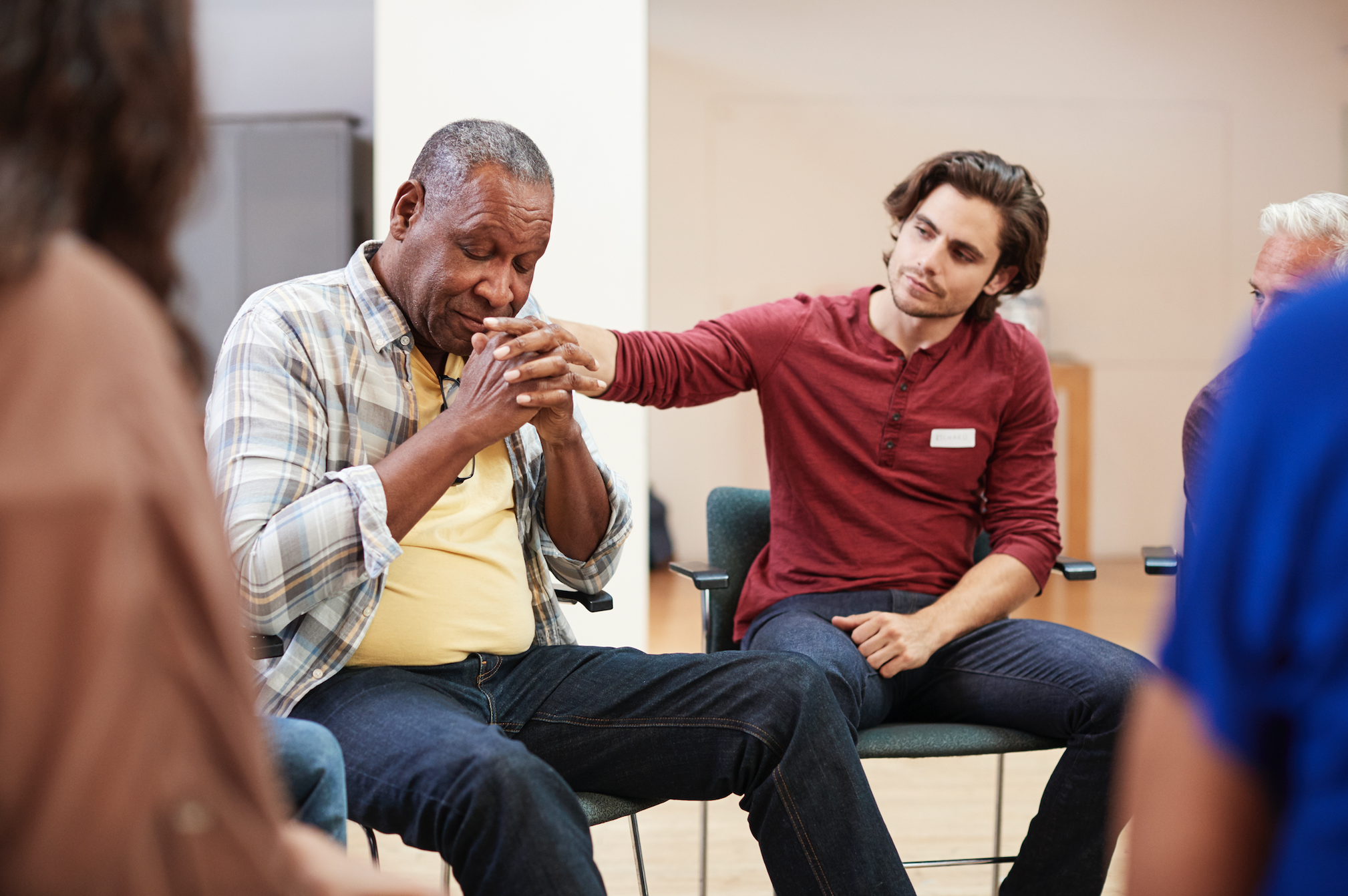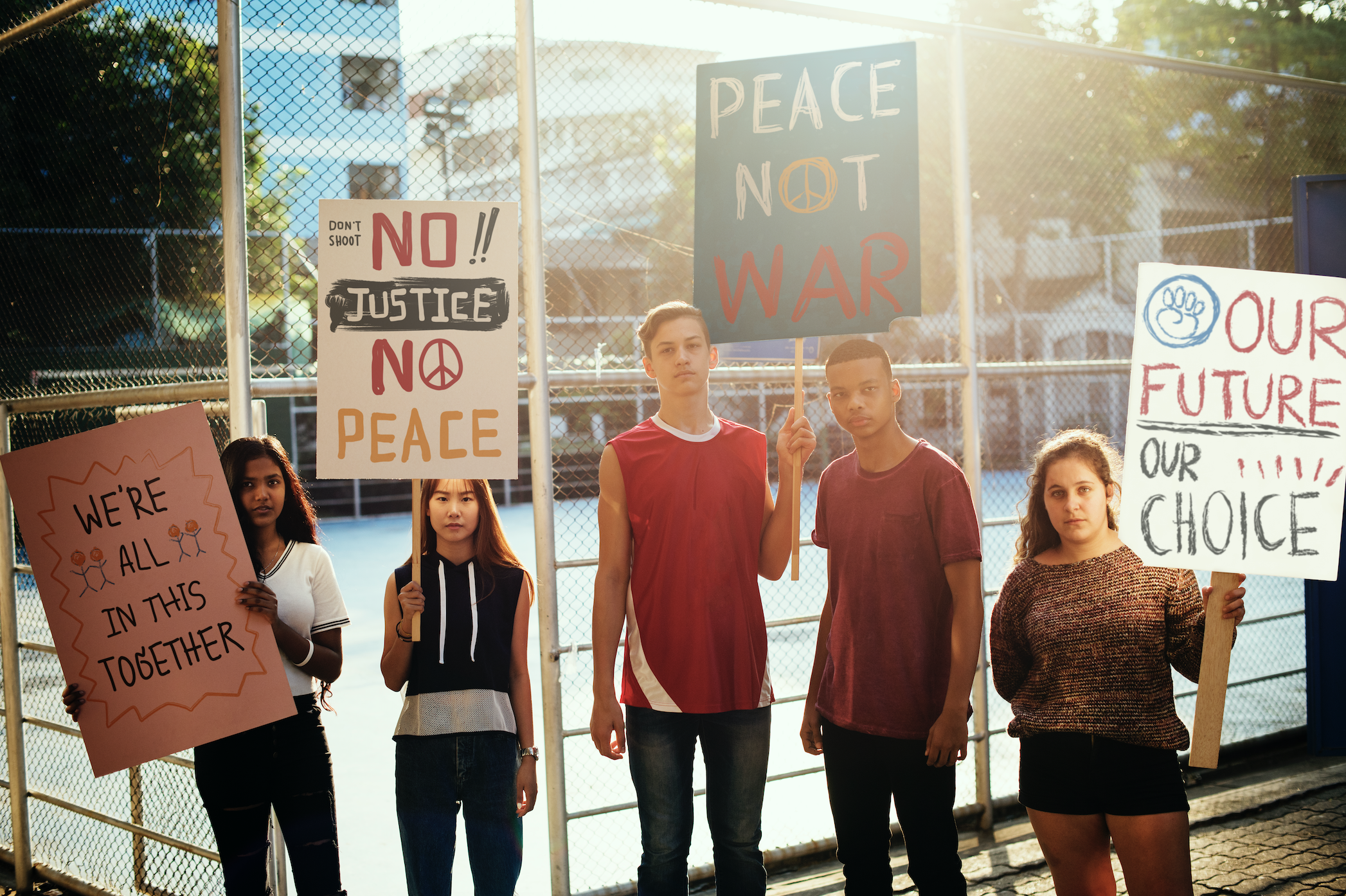The Santa Claus Clause: 3 Ways to Infuse Joy into Your Job This Holiday
By Patrick Erwin I can distinctly remember waking up in the early hours of the morning as a young child and running down the hallway to see what Santa had brought. What would be the big gift this year? Would it be a bicycle? A gaming system? The suspense was too much to hold us in our beds, and so it
Helping Your Students Discern Between Wants and Needs
By Tim Elmore I’ve witnessed a measurable shift in the way parents view their role today. When I was growing up, parents believed they did a good job if they gave their child everything she or he needed. Today, parents believe they’ve done a good job if they give their child everything they want. And while the pursuit feels noble, it’s
Your School Has a Superpower. Are You Using It?
By Patrick Erwin I LOVE Sci-Fi movies. Growing up, my parents watched a lot of Star Trek, and I got hooked on Star Wars. More recently, it’s easy to assume that nearly everyone has seen Marvel or DC movies. In all of these series, we find characters with extraordinary abilities. As part of my fascination with this subject, I found
Advice for School Leaders: Start With Why. But Don’t End There.
By Patrick Erwin One of my favorite books on leadership is Start With Why by Simon Sinek. In it, Sinek reminds us that purpose inspires action. When there is no joy in the impact that you are making, or perhaps you just forgot about it, then passion for work is easily lost. However, we often make the grave mistake of merely
A New Wave of Teens Are Breaking Away From Social Media
By Andrew McPeak If you are lucky on Sunday afternoons on the steps of Central Library on Grand Army Plaza in Brooklyn, NY, you can watch as one by one, the members of the Luddite Club assemble together. They never know exactly how many members are going to show up because most of them have chosen to give up their smartphones
Three Skills Students Need to Become Digital Citizens
By Andrew McPeak One of the challenges of our role today as educators is that we often assume that the elderly are the most vulnerable population to online hoaxes, fake news, and scammers. However, this is, quite ironically, a bit of misinformation (or “Fake News”). In fall 2021, a teacher named Amanda Gardner, who had two decades of experience, began what she
What Culture Are You Building for Your Students?
By Tim Elmore Sometimes when I reflect on a meeting I’ve had with a high school or college student, I recognize how inadequate my approach to our discussion was. While my words may have been accurate and honest, my tone was not hopeful. It wasn’t filled with belief, but suspicion that they might not be getting it. Reflect on the last
Four Strategies to Help You Stop Stereotyping Teens
By Tim Elmore None of us like for others to stereotype us. When we were young, we hated it when adults assumed something was true about us and never gave us a chance to prove them wrong. I wore my hair a bit longer when I was a high school student, and I am certain some of the faculty on campus
The Correlation Between Cancel Culture and Resilience in Students
By Tim Elmore I will never forget Halloween in 2015. Just prior to October 31, a group of deans at Yale University sent an email urging students to avoid insensitive costume choices. Three days later, Erika Christakis, the co-director of Silliman (one of Yale’s residential colleges) sent her own email to students. She acknowledged “genuine concerns about cultural and personal representation,”
Six Crippling Realities We Must Address in Today’s Kids: Part 3
By Tim Elmore This is part three of a three-part series that breaks down the six realities that kids today are facing. To read part one of the series, click here. Today, we look at the final part of a three-part series on crippling realities that handicap today’s kids socially, emotionally, physically, intellectually, and spiritually. So far, we’ve examined these: Exposure is
Six Crippling Realities We Must Address in Today’s Kids: Part 2
By Tim Elmore This is part two of a three-part series that breaks down the six realities that kids today are facing. To read part one of the series, click here. It’s funny how many unhealthy practices were once considered healthy and helpful by medical authorities. Products and drugs we now know to be destructive were once considered good: Cigarettes, for instance,
Six Crippling Realities We Must Address in Today’s Kids: Part One
By Tim Elmore I spoke to an audience of parents recently and found a common thread among their concerns for their children. One after another shared how their child or teen: Needed extra attention to complete assignments. Was easily upset or paralyzed by normal hardships. Hesitated to take on new projects or opportunities. Struggled to adapt to new situations. Unfortunately, this is
Nine Ideas for Teaching Moderation to Our Students
By Tim Elmore This is part two of a blog series that began last week by discussing the dopamine addiction felt by many students. To read the first blog in this series, click here. Last week, I wrote about the fact that we live in a generation that’s addicted to dopamine. We live in a society that loves to “binge” on things
Drunk on Dopamine
By Tim Elmore Our kids today are growing up in a world where they can become addicted to happy chemicals. Let me explain. We live in a society that loves to “binge” on things we like. It may be addictions to drugs or alcohol, but it can also be simple pleasures like Netflix, TikTok, or even junk food. Stanford University research psychiatrist
America: Junk or Jewel?
By Tim Elmore You’d have to be an ostrich with its head in the sand to miss what’s happened to our country over the last decade. We are polarized on many issues, but chief among them is how to even view our nation: Is America junk or a jewel? One side of this issue points out how pitifully we’ve handled civil rights,
The Connection Between Portable Devices and Substance Abuse in Teens
By Tim Elmore In the past few years, there has been an alarming rise in substance use among youth in the U.S. The National Center for Drug Abuse Statistics reports that 2.08 million teens, ages 12 to 17, reported using drugs in the last month. They deemed this issue a public health crisis. We already know the high rates of teens and young
Creating a Game Plan for Educators and Parents on ChatGPT
By Tim Elmore If you haven’t yet heard of ChatGPT, you need to look into it. It is a new app from Open AI, a Silicon Valley tech company that’s heralding it as a game changer. Unfortunately, it may not be changing the game for the better on all fronts. ChatGPT enables you, as a user, to input information and, almost like
My Early Take on ChatGPT: What’s Amazing and What’s Alarming
By Tim Elmore My friend, Don Yeager, recently attended the National Speakers Association convention. In one of the sessions, an author stood on stage reviewing the content and writing process of his latest book. Eyebrows went up as he revealed the book had actually been written by ChatGPT. He smiled as he shared his journey using artificial intelligence that imitated his
What Do We Learn About Culture from TV Viewing Habits?
By Tim Elmore Every year, both the media and social media reveal to us how our culture is evolving. From the shows people watch, to the awards programs people celebrate, to the broadcasts and podcasts people tune into, we have much to learn this year, just by observing the habits of American consumers. I have three observations below based on the
Striking a Balance Between Boundaries and Sacrifice
By: Tim Elmore I see a problem today more often than I’ve seen it in the past. It is a collision between mindsets, both of which are essential. They‘re illustrated in the following story. Several faculty and staff members were asked to participate in a special project at their school. They were to plan a celebration of the decrease in COVID-19 infections on
What We Learn About Generation Z From the Top Netflix Show: Squid Game
By: Tim Elmore I’m not talking about The Crown. Nor am I talking about Game of Thrones. I am not even talking about Bridgerton. There is a new show in town on Netflix. The series Squid Game has taken the Netflix platform by storm. Squid Game has attracted 111 million views since its release on Sept. 17, according to a Netflix tweet.
The Impact of Reality TV on Generation Z
Generation Z, the youngest population social scientists are studying today, was born about the same time as Reality TV. You might remember the precursor to popular reality television was a 1998 Jim Carrey movie called, “The Truman Show.” It was a film about an unsuspecting man living in an average U.S. town whose entire life was monitored by television viewers,
Now is the Time for Leaders to Step Up
Have you heard about the latest trend? People are resigning from their jobs in droves. By the millions. Inc. magazine reported on The Great Resignation, detailing the numbers; and they’re staggering. The Great Resignation, is a term coined in 2019 by Texas A&M's Anthony Klotz to predict a mass exodus from the workforce. According to the U.S. Department of Labor, during the
Ever Heard of the Blackout Challenge? How Social Media Is Changing Peer Pressure and What to Do About It
By: Tim Elmore I remember feeling tangible peer pressure in high school. Friends pushed me to smoke cigarettes and marijuana, drink beer, and be sexually active. This was not uncommon in the 1970s. Culture was morphing from traditional to rebellious as baby boomers and Gen Xers pushed boundaries and listened to their peers over their parents. While I dabbled a bit in
How to Lead Kids Who’ve Experienced Adult-Sized Trauma
You may remember the tragic story from last April. A sixth-grader found his dad's 9mm handgun, loaded it with a magazine of bullets, and walked onto his campus at Plymouth Middle School outside of Minneapolis. He positioned himself in a hallway, shot the gun toward the ceiling, and watched fellow students run and scream in terror. His goal was to
Four Lessons on Leading Young People From the Tokyo Olympics
By: Tim Elmore The postponed Olympics Games held in Tokyo are now history. As always, there were highs and lows for competing athletes, but I’d like to focus on some insights we gain as we watched this year’s young athletes perform. The major difference for me in these Olympic games was the topic of mental health. Among the biggest stories from Tokyo was
Helping Students Strike a Balance Between Inclusion and Diversity
By: Tim Elmore Did you hear how Columbia University handled their graduation ceremonies? No, I’m not referring to mask-wearing or social distancing. I’m talking about the administration’s decision to host six separate graduation ceremonies, based on the graduates’ income level, race, ethnicities, and gender preferences. My concern has nothing to do with the pandemic, as each ceremony was a virtual one.
Digital Citizenship: Having The Right Conversation With Students
By: Tim Elmore The Supreme Court seems close to issuing a ruling in the case of a student who was kicked off her high school cheerleading team due to an obscene Snapchat post. Brandi Levy, a high school sophomore posted a message where she vents, “F--- school, F--- softball, F--- cheer, F--- everything!” Obviously, she’s a teen who’s letting off steam
How SEL Can Accelerate Maturity in Students
By: Tim Elmore One decade ago, I began to hypothesize about a trait I observed in high school and college students. I continued to be baffled by how much they knew yet how little they’d experienced. I researched the reasons for this and came up with a term, which became the title of a book: artificial maturity. Artificial maturity may sound like
Quaranteens: Three Ideas to Help Students Grow in the Pandemic
By: Tim Elmore It’s been over a year since students all over the world were sent home from school and instantly had to learn how to learn from home. Teachers tried to maintain academic standards as students transformed their bedrooms, dens, and kitchens into classrooms to try to meet those standards. Some call these middle school and high school students quaranteens. They’re now
The Importance of Laughter for Your Student’s Stress Management
By: Tim Elmore Whenever I meet with students, it seems something hilarious is bound to happen. It’s part of adolescence—to seek out the bizarre, to poke fun, and to laugh at ourselves. I’ve come to believe it’s part of dealing with stress. I’ve heard from middle school and high school educators recently who shared some of their amusing moments on Zoom
What the GameStop Market Surge Teaches Us About Generation Z & Millennials
By: Tim Elmore For years, younger generations have been the brunt of jokes by older generations who felt they were immature, lazy slackers who moved back home after college. A Twitter hashtag called, #HowToConfuseAMillennial even went viral, as social media posts often do. Some samples are: Show them a phone book. #HowToConfuseAMillennial Turn off their autocorrect. #HowToConfuseAMillennial Hand them a job
Tim Elmore’s Favorite Things from 2020
By: Tim Elmore Each year, I usually post a list of my favorite books I’ve read the previous 12 months. This year, I am going to mix it up and go wider. Below, I have listed “a few of my favorite things,” (thank you Julie Andrews) thinking this might stimulate your mind and imagination. No doubt, 2020 was a strange and
If It Weren’t 2020
By: Tim Elmore The year started well, with our work and our money Our weather was warming, and our spring became sunny. Our life was quite normal, and resources were plenty. And it might have continued…if it weren’t 2020. As the spring unfolded, we got new direction, We were told to go home to avoid an infection. It was COVID-19 and it spread through the nations. No one
Three Words of Encouragement For You This Holiday Season
By: Tim Elmore Don’t tell me. I’ve already heard it — you are ready for 2020 to be over, to turn a new page and start a new chapter for your story in 2021. Am I right? I know. Me too. But before you end the year, may I remind you of what you’ll need to carry with you into next year. Because
Six Warning Signs Your Students Are Struggling with the Pandemic
By: Tim Elmore I wonder if adults fully comprehend what’s going on inside the minds of kids today. Mental health issues were already mounting among those in Generation Z, but the Pandemic has taken its toll and left them in worse mental and emotional health than ever. In Japan, more people died from suicide than COVID-19 in 2020. Sometimes, we can overreact
Four Secrets to Virtually Approach Social and Emotional Learning
By: Tim Elmore Have you ever heard of BeauTubers? This is a term describing beauty-YouTubers. A beauty YouTuber, commonly referred to as a beauty vlogger, beauty guru, beauty influencer, or Beautuber, is a person who creates and posts videos to YouTube about cosmetics, fashion, hair-styling, nail art, and other beauty-related topics. As of 2016, there were more than 5.3 million beauty
How to Help Gen Z Develop Empathy in Personal Relationships
Today’s blog is from Grace Hooley. Grace is a next gen researcher, writer, and Content Coordinator for Growing Leaders. While I (Grace) was in university, I studied with a fellow peer who had his finger on the pulse of the world. In every class or club he was in, Nick spoke of justice and political reconciliation that should be happening on
The Importance of Developing Emotionally Intelligent Schools and Homes
I was stunned to hear what had happened at Stanley Middle School in Lafayette, California. Seventh-grader Merek Mastrov, who is 12 years old, missed a total of 90 minutes of Zoom classroom time. What step did the school take in response? Merek’s dad got a letter saying his son was truant and subject to arrest. Wait. Did they say arrest? Yes, according to
How to Prepare Gen Z for the ‘New Normal’ After the Pandemic
When I was a young kid, seat belts were introduced to automobiles. I remember in 1968 when the federal government made them mandatory. At first, they were only lap belts with no strap across the chest. People claimed they hindered movement and wrinkled their clothes. It was a strange time as I watched several adults refuse to wear them at
Five Ingredients to Help Students Recover Following a Pandemic
The population of young people, ages 16 to 24, were already facing mental health problems. Now they feel delayed by COVID-19, and it has added to their anxiety levels. This portion of Generation Z and Millennials are disadvantaged. While it sounds strong, many of them feel: Postponed Pushed aside Penalized The teens in this group believe part of the typical American
Five Ideas to Keep Negativity from Becoming Normal During Quarantine
Do you identify with the scenario below? The first few weeks of quarantine, your family was energized. The whole idea was novel; not having to go to work or school was intriguing. You could do your daily routines in your sweats or pajamas. How cool was that? The next few weeks became monotonous. The novelty of doing life at home evaporated, and
How this Pandemic Could Change School for the Better
Most of us have mourned what the COVID-19 quarantine has stolen from our teens. Less class time, more screen time, more boredom, and both students and teachers who are uncomfortable with the new normal. Many traditions were removed like sports games, recitals, school plays, proms, and marching bands on Friday nights. But I’d like to focus for a few minutes on
Three Tools to Bring Out the Best in the Pandemic Population
We have coined a term: “The Pandemic Population.” It represents a portion of Generation Z, high school and college students who have no memories of the 20th century as the Millennials do. They’ve grown up in the 21st century when the world was different, and they’re now coming of age in the midst of a pandemic. While Millennials were marked
Two Important Decisions School Administrators Must Make This Fall
History is full of stories of leaders who each faced a crucial fork in the road and made a courageous decision. Want a few modern examples? Admiral Jim Stockdale chose to injure himself by cutting his face and butchering it with a stool so he could not be portrayed as an unharmed, healthy Prisoner Of War in Vietnam. Dr. Martin
What Will We Remember from This Pandemic?
A few years ago, my extended family gathered for a reunion. My sisters and I reminisced about our childhoods, including vacations, past girlfriends and boyfriends, squabbles we had, you name it. What struck me that day was, while we all remembered significant occasions, we all recalled different details, smaller occasions and we even retained different stories. Behavioral scientists have gathered a
Ask Don’t Tell: What We Could Learn From Gen Z During a Pandemic
I know four sets of parents who are now at odds with their young adult children. The kids are between the ages of 17 and 24. Each of these families are experiencing more arguments than normal, and the young people all seem to possess underlying anger directed at the older generation. Do you see what I see? This is something I
How to Start a Conversation About Race with Kids
I recently met with a group of teachers and parents to talk about the “Black Lives Matter” protests. Within this group, there were caring adults on both sides of the issue: some that were completely affirming of the protests (even the damage to property) and those who were against the protests, believing they’re not the best way to accomplish the
Escaping the Battle of Words and Embracing the Battle for Hearts
Our world today is in combat over language. Two sides of any issue vie for the best words that make any opposing view seem, well…wrong. Everywhere we look we see mantras, slogans, and mottos that draw readers in and make them want to side with their cause without even really understanding the deeper ramifications. Because we have short attention spans,
Seven Reasons Why So Many Teens Are Involved in Protests
Parents of high school students have been shocked by how many teens have leapt onto the scene with such strong emotions at the protests across America. Parents who assumed their child thought just like they did have seen a new side to their sons and daughters. Parents who felt their kids embraced law and order and were satisfied with being


